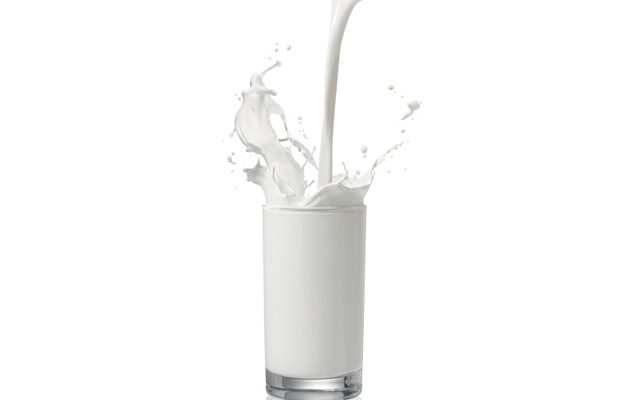
We have all grown up on the purported benefits of cow’s milk—we’ve been told that milk has a higher amount of calcium and protein relative to other dairy products. The milk lobby, the milk board, and dairy producers have all tried to influence government policies regarding healthy eating. However, there continues to be a great deal of marketing and advertising extolling the virtues of cow’s milk and its associated health benefits.
Remember, “the perfect food that makes perfect sense?” Well, according to Dr. Mark Hyman, an internationally recognized authority in the field of functional medicine, there is no scientific evidence that cow’s milk should be consumed by anything other than a calf. In fact, humans are the only animals on earth that drink milk after infancy.
According to Dr. Hyman, the consumption of milk—even lower fat milk—can lead to overeating and weight gain. Other milk products and speciality drinks made from milk also can have high amounts of sugar in them which can promote weight gain in children.
As far as milk keeping your bones strong, Dr. Hyman indicates that there is also no evidence that the consumption of milk can lead to a decreased risk of fractures. Indeed, in countries where milk is not regularly consumed, such as Japan, the incidence of osteoporosis is quite low.
I agree with Dr. Hyman on this issue and there are a couple of other reasons I would not recommend that you regularly consume commercially produced milk. It is full of antibiotics and growth factors used by the dairy industry to keep the cows from getting sick and to encourage increased milk production. These antibiotics can be stored in our bodies and can cause antibiotic resistance which can be a very dangerous situation.
When comparing cow’s milk or formula to human breast milk, there is no doubt that breast milk is the hands down winner. The nutritional profile of human milk is superior and it is made precisely for us! It also contains no allergens and cow’s milk remains a major human allergen in our food chain, causing many children and adults great harm. Not to mention the high amounts of lactose which are problematic for people who cannot properly digest cow’s milk sugar.
There are many healthy alternatives to cow’s milk such as soy milk which is lower in calcium, fat and protein but high in isoflavones. Goat’s milk is easier to digest but does have some lactose and its taste does not suit everyone’s palate. Almond milk is great tasting, lactose-free, and is full of nutrients but lower in protein and some essential B-vitamins relative to cow’s milk. Rice milk is very low in fat and calories and is lactose-free but lacks the protein and nutrients contained within cow’s milk.
The Food4Thought Bottom Line
My suggestion is that if you are a child or adult and want to drink milk, stick to milk produced from free range, organically-raised cows. This milk will have a better essential fat content, less lactose, and no antibiotics or hormonal residues.
Sources:
Hymnan, M., “Got Proof? Lack of Evidence for Milk’s Benefits,” Huffington Post web site, July 15, 2013; http://www.huffingtonpost.com/dr-mark-hyman/milk-health-benefits_b_3551079.html, last accessed, July 15, 2013.
“The Skinny on Milk Nutrition: Cow, Goat, Rice or Soy?” Livescience web site, July 7, 2011; http://www.livescience.com/14948-skinny-milk-nutrition-goat-rice-soy.html, last accessed July 15, 2013.













